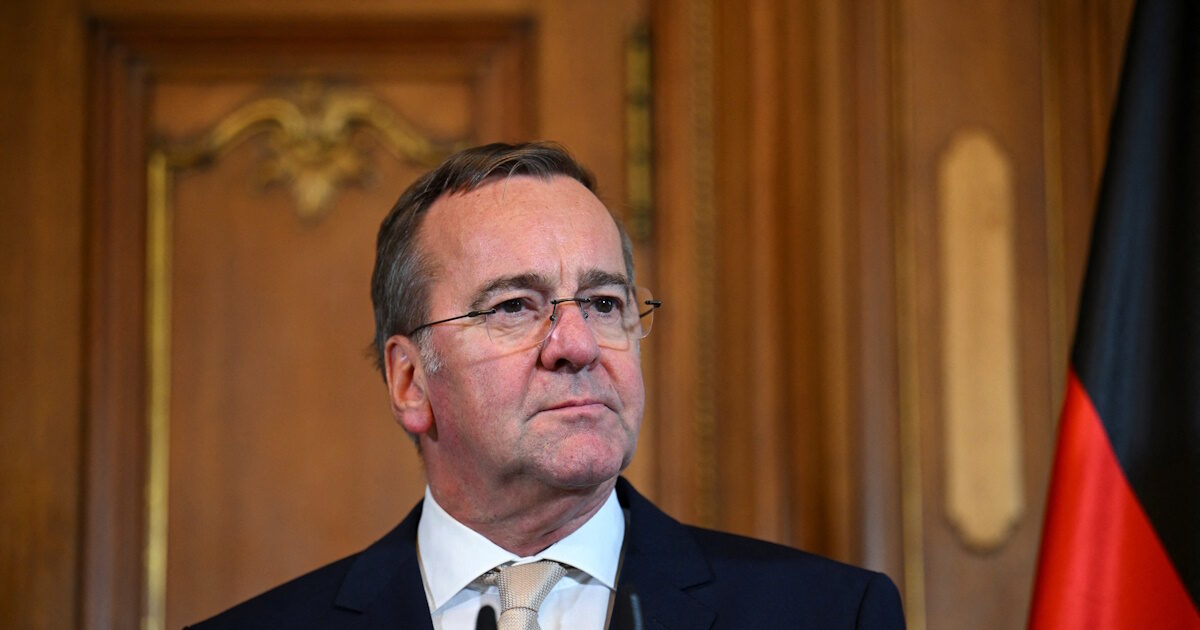A plan to achieve the new goal prepared by NATO in relation to the costs of its defense members’ spending on the first goal of the new defense is presented today (20.5.25). GermanyBoris Pistorius (SPD) at the joint meeting of the Foreign and Defense Ministers EU in Brussels.
According to Handelsblatt, Pistorius (SPD) explained to the EU’s (Foreign and Defense) Ministers (Foreign and Defense) meeting that the share of defense spending on Germany’s economic production should be increased by 0.2 percentage points per year over a period of five to seven years. From 2.1% of last year, a 3.5% ratio could then be reached by 2032.
This would correspond to the target proposed by NATO Secretary General Mark Rutte for traditional defense expenditure. However, according to his idea, defense -related costs should be added to 1.5% of economic production – for example for infrastructure that can be used for military purposes, such as railways, armored bridges and expanded ports.
In Germany, these costs could be funded, at least in part, by a special fund agreed in the spring to tackle the repair of disruptive infrastructure. Its value is 500 billion euros.
Pistorius emphasized that “this is not a 5% achievement in one year”.
In his view, numbers are also not the central issue. This is about achieving the goals of military opportunities agreed within NATO, he explained.
Hesitation from SPD
At the NATO Foreign Ministers in Turkey last week, Germany supported US President Donald Trump’s appeal for massive increase in allies’ defense spending to 5% of gross domestic product.
However, if 1.5% of GDP is spent on infrastructure for military use, traditional defense spending of 3.5% should also be sufficient.
SPD politicians had initially reacted to public statements by Foreign Minister Johann Vandeful (CDU) at NATO Summit. NATO’s new goal is to be decided at a Summit in The Hague in June.
According to the Federal Chancellor Friedrich Mertz (CDU), each percentage increase would currently mean Germany’s defense spending by about 45 billion euros. About five percent, at present, costs of 225 billion euros will be necessary.
